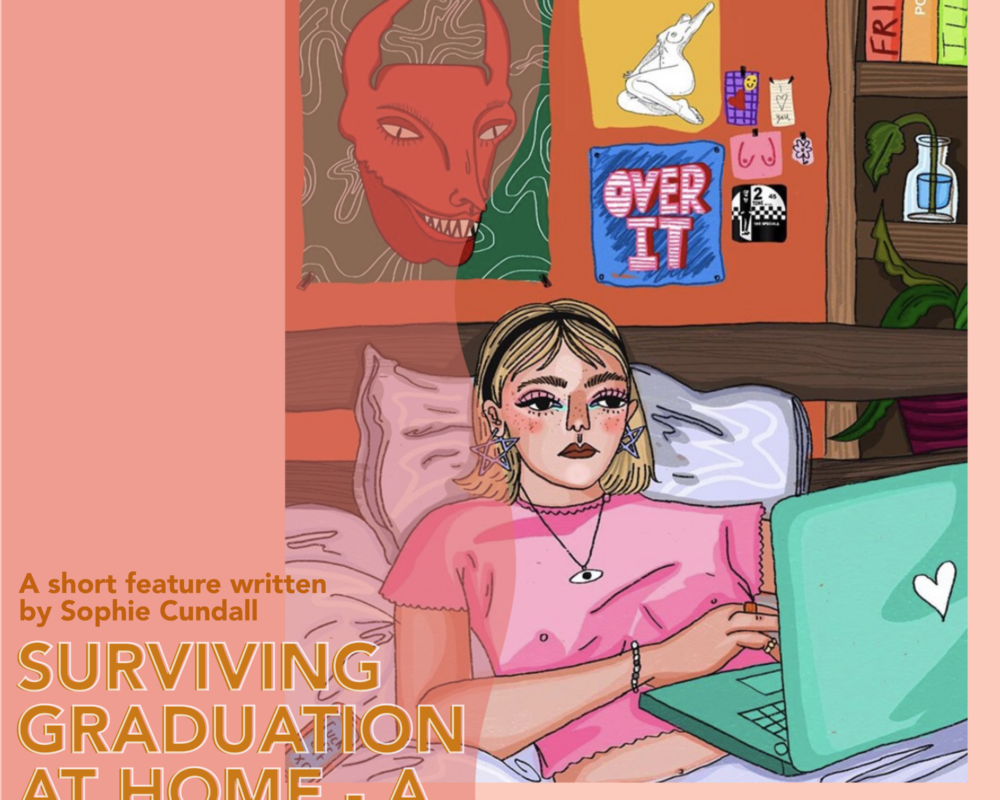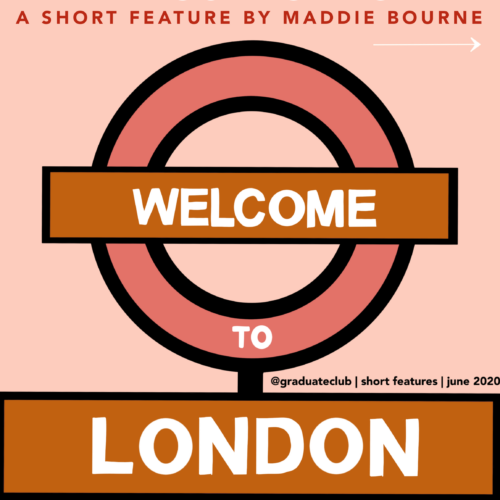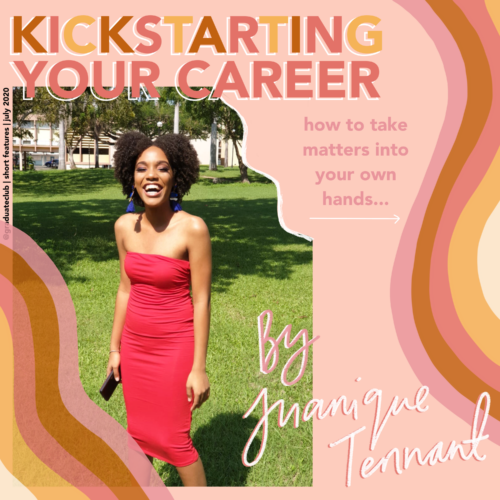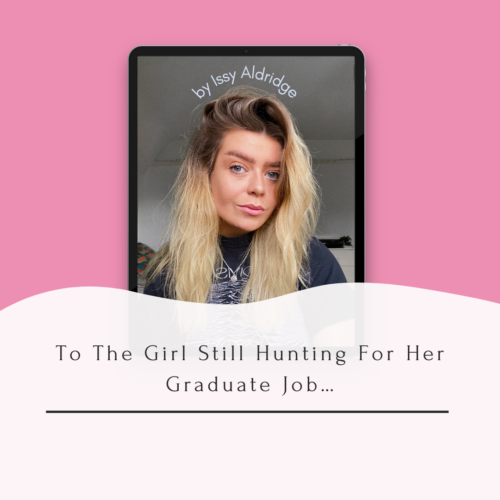
Words by Sophie Cundall
What does home mean to you?
Free food, comfy bed and access to all your childhood clothes (even that 90s shirt you wore everyday of sixth form)? Maybe it means being reunited with a pet, a fluffy cat that will now take up 80% of your Instagram stories. For the vast majority of graduating students, this is probably a fair assessment of what ‘home’ might mean.
A word uttered with a nostalgic sigh, treated as a kind of soul medicine: a place to reset away from all nighters and endless bar crawls.
For many LGBTQ+ students, these terms may not apply.
Graduating back home, whether by choice or necessity because of the Covid-19 pandemic, can bring a sense of relief. Financial security and a welcoming family are often (not always, of course) the light at the end of the tunnel of gruelling finals. But what if returning home means returning to an environment where you must completely change?
For many queer students, this is the reality: returning to a place where you must hop back into the closet, trying to find a place amongst your newly repatriated suitcases of clothes. We speak a lot about chosen family in the queer community; we recognise that painfully often, those who should love you the most are those who make the most effort to push you out. This is particularly true for the most vulnerable in out community: trans women of colour, working class queer folk, and students from precarious backgrounds, from houses where abuse was and is prevalent. The toll on the mental health of these students must not be overlooked or diminished, alongside the brutal separation from a significant other, and their chosen family.
The queer community relies on being just that: a close knit, literal community, where we advocate for freedom and tolerance, and everyone is accepted, no questions. Drag queens have drag mothers, older queer womxn run nights like Butch Please, there are spaces and connections that provide safety and security that many queer students had never experienced before moving to university. The life expectancy of a trans woman of colour is 34: our community literally saves lives, so losing that support for many is terrifying.
How can we maintain this support amidst a global pandemic where we can’t even be within 2 metres of each other? Let alone dance the night away in the safety of Gal Pals, Transmissions at VFD, or Mariah and Friendz. It is hard to find an answer that is enough, but these are some suggestions that can at least ease the pain, until we can unite as a community again.
Online drag shows
Mariah and Friendz, Virgin X and many other drag performers and collectives are streaming shows which feel like a big queer hug. Head to their Instagrams to find more details. Zoom quizzes and virtual pubs/ book clubs- lots of queer groups are running these, and if you’re struggling to find one- set one up! You can bet there’ll be lots of like minded people keen to get involved.
Reach out
There are plenty of LGBTQ charities and support networks who you can call or even just message; you are not alone. Google Switchboard, Stonewall, Just Like Us Uk and Mosaic for starters. LGBTQ+ Outside is available if you’re struggling for housing.Volunteer! I work for Just Like Us UK, and it’s been a lifeline in connecting me with other young LGBTQ+ graduates and otherwise, and many charities are providing chats and events for staff to reconnect if they are in challenging circumstances.
Opening Doors London connects you with LGBTQ+ elders; gain equal doses of wisdom and solidarity. The key thing to remember is to breathe: cliche as it sounds, everything will get better, and you’ll be back with your chosen family. The LGBTQ+ community is only a skype call away, and home will eventually mean safety, warmth and acceptance, even if it’s tough journey to get there.





Leave a Comment